Keywords: Opening Of Parliament
-
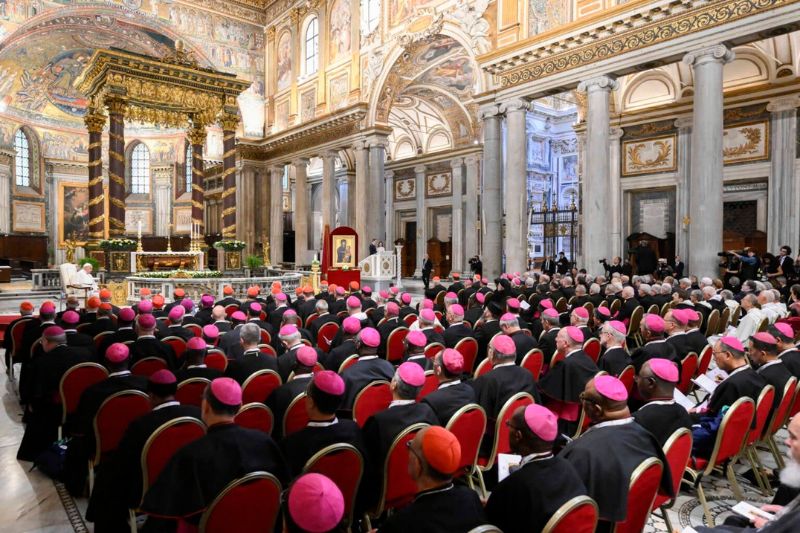
RELIGION
- Richard Lennan
- 19 December 2024
Is the synod a parliament, a shareholder meeting, or something wholly unique? How we frame it shapes our understanding of its purpose and outcomes. Beyond analogies, could the true essence of synodality lie in embracing grace and discernment, re-centering the church on its divine mission?
READ MORE
-

AUSTRALIA
- Andrew Hamilton
- 03 October 2024
1 Comment
In Andrew Leigh's new book, he argues that inequality matters because it threatens the sense of fairness that is central to our well-being, because inequality prevents the less well off from moving to relative affluence, weakens democracy, and erodes understanding of and commitment to the common good.
READ MORE
-
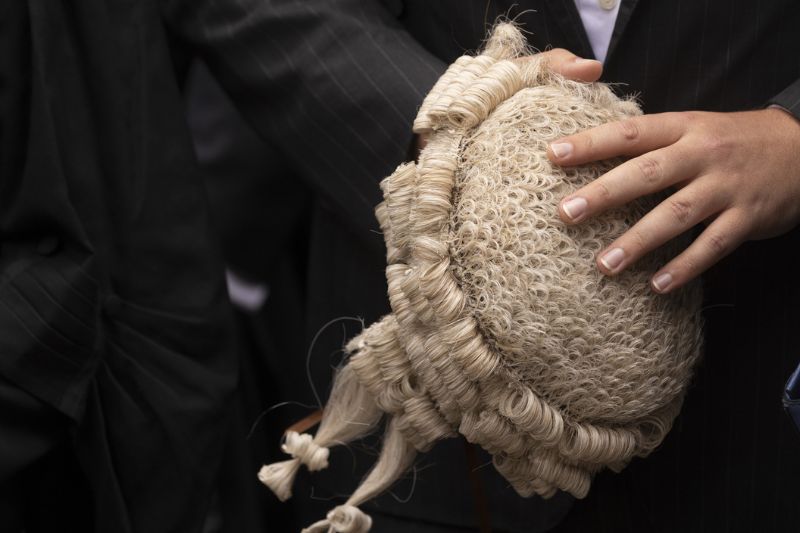
AUSTRALIA
- Frank Brennan
- 20 August 2024
6 Comments
In the aftermath of the failed Voice referendum, questions arise about the legal profession’s role in public discourse. Was this a missed opportunity for legal experts to provide critical analysis and guidance on such a significant constitutional matter?
READ MORE
-

AUSTRALIA
- Kerry Murphy
- 04 January 2024
Throughout recent decades of Australian history, the stance every government has taken on asylum seekers has reflected the shifting political landscapes and challenging humanitarian issues that have continually shaped Australia's response to those seeking refuge.
READ MORE 
-
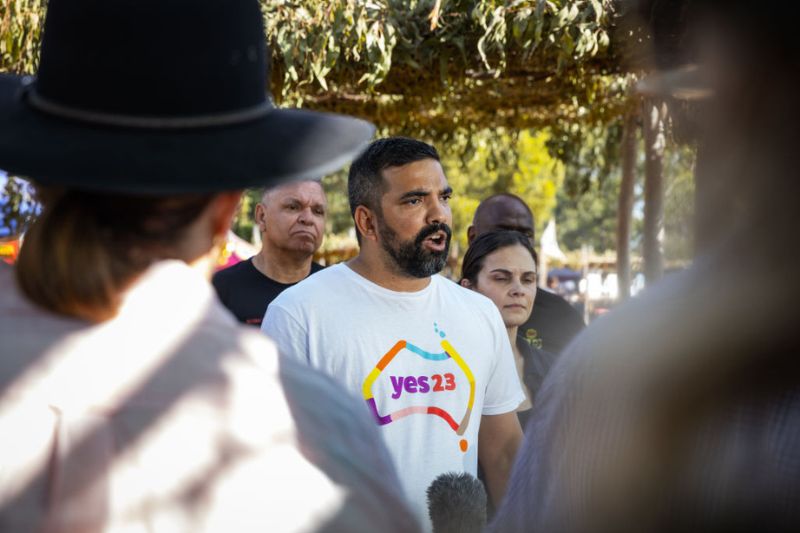
FAITH DOING JUSTICE
- Andrew Hamilton
- 21 August 2023
10 Comments
The Catholic Bishops Justice Statement, timed with an impending Referendum on the Voice to Parliament, scrutinizes the ties between Aboriginal and Torres Strait Islander peoples and other Australians. Crafted alongside the National Aboriginal and Torres Strait Islander Catholic Council, it underscores the urgency of deepened engagement through listening, learning, and love, advocating for Indigenous justice and healing.
READ MORE
-

AUSTRALIA
- Kerry Murphy
- 28 July 2023
How has Australia's asylum seeker policy changed over the past thirty years? The approach of every government has reflected the shifting political landscapes and challenging humanitarian issues that have continually shaped Australia's response to those seeking refuge.
READ MORE 
-
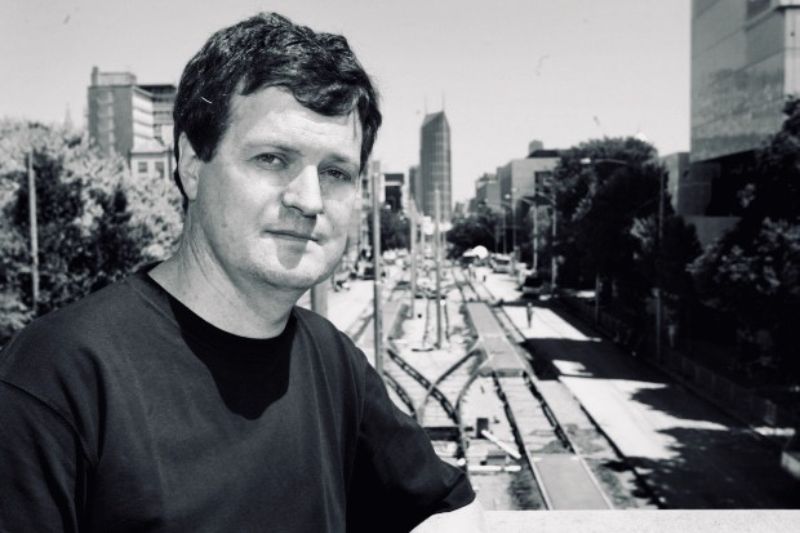
AUSTRALIA
- Erica Cervini
- 29 June 2023
Ten years after his passing, the work of renowned academic and transportation activist Paul Mees continues to reverberate through our public transport systems and urban spaces. Unafraid to challenge the status quo, his advocacy for public transport and sustainable urban living continues to influence debates and policy.
READ MORE
-
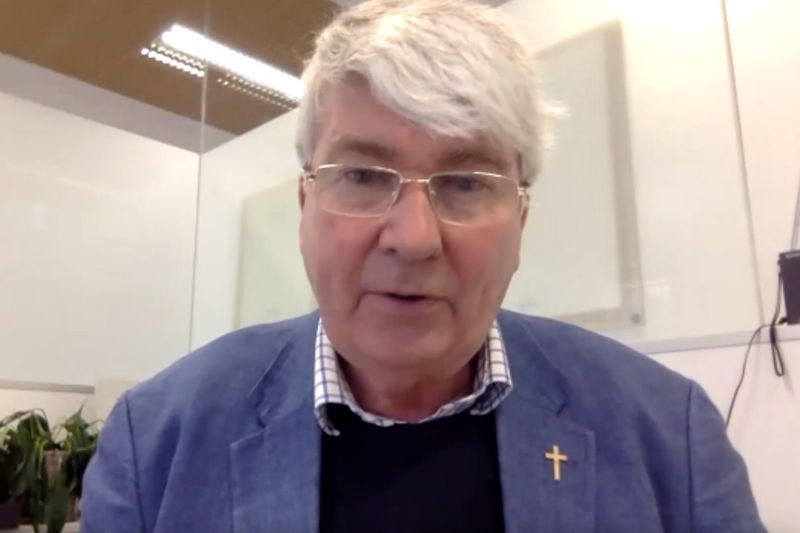
AUSTRALIA
- Frank Brennan, Vicki Clark
- 18 August 2022
3 Comments
How can individuals and organisations engage with and support progress on reconciliation? In this conversation, Fr Frank Brennan SJ (Rector, Newman College) and Vicki Clark touch on progress of reconciliation in Australia in light of the Uluru Statement from the Heart, Constitutional recognition of Aboriginal and Torres Strait Islander Peoples, the Yoorrook Justice Commission and the Victorian Treaty process.
READ MORE 
-
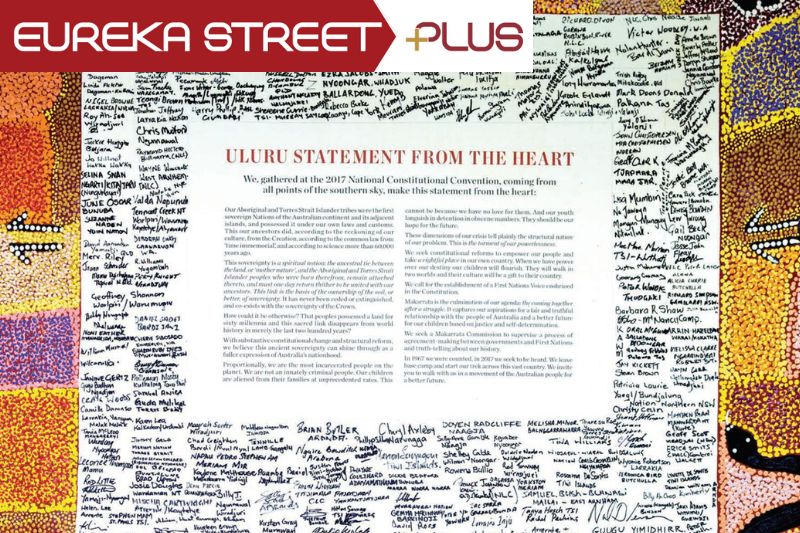
AUSTRALIA
- Frank Brennan
- 17 August 2022
2 Comments
We need to be able to do more than simply give notional assent to the Uluru Statement. We need to be able to contribute to the hard thinking and difficult discussions to be had if the overwhelming majority of our fellow Australians are to be convinced of the need for a Voice in the Constitution.
READ MORE 
-
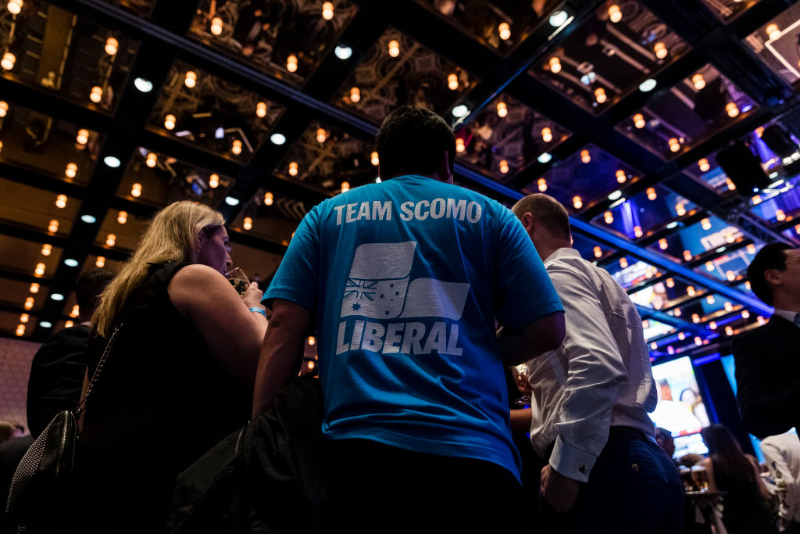
AUSTRALIA
- Anthony N Castle
- 18 May 2022
8 Comments
I was invited to a party the night of the 2019 election. The night’s entertainment was invite-only, with long tables of bread and wine, and I stepped back from the sounds of celebration to hear the political coverage on my phone. Standing at the far window, I looked up to see people in the night below, out in the dark, silent. Behind me a party guest shouted over the noise ‘what happened?’ I looked away from those outside and answered: a loss.
READ MORE 
-
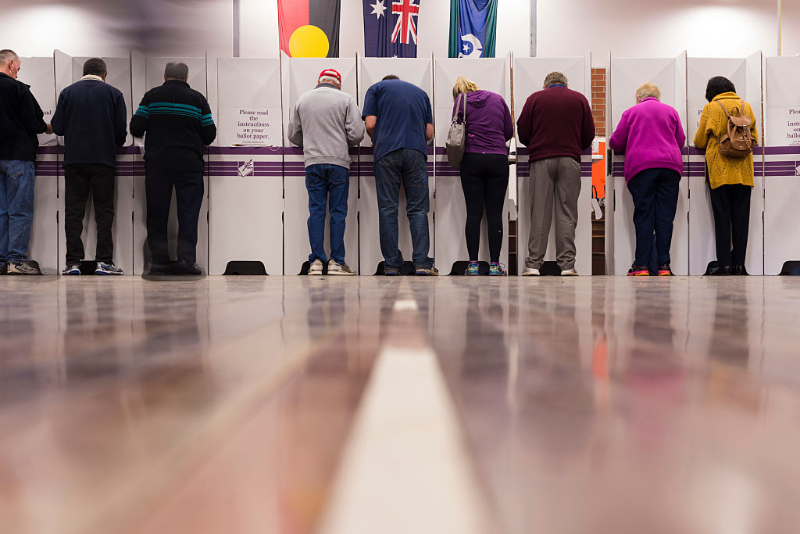
AUSTRALIA
- Binoy Kampmark
- 21 April 2022
7 Comments
Few sights are more desperate than old political parties on the run. In this Australian federal election, the challenge from independents and smaller parties has sparked a nervous reaction, much of it negative and most of it misplaced.
READ MORE 
-

ARTS AND CULTURE
- Gillian Bouras
- 25 November 2021
32 Comments
Attitudes towards truth have changed. Now we accept the idea that there are different sorts of truth: the phrases historical truth, narrative truth and emotional truth come trippingly off the lips of vast numbers of people. Then there are the complex notions of fantasy and fiction: we have long subscribed to the notion of novelists making up various ‘lies’ or fantasies in order to tell underlying truths about human nature. But we also have to accept, I think, that a gentleman’s word is no longer his bond.
READ MORE 